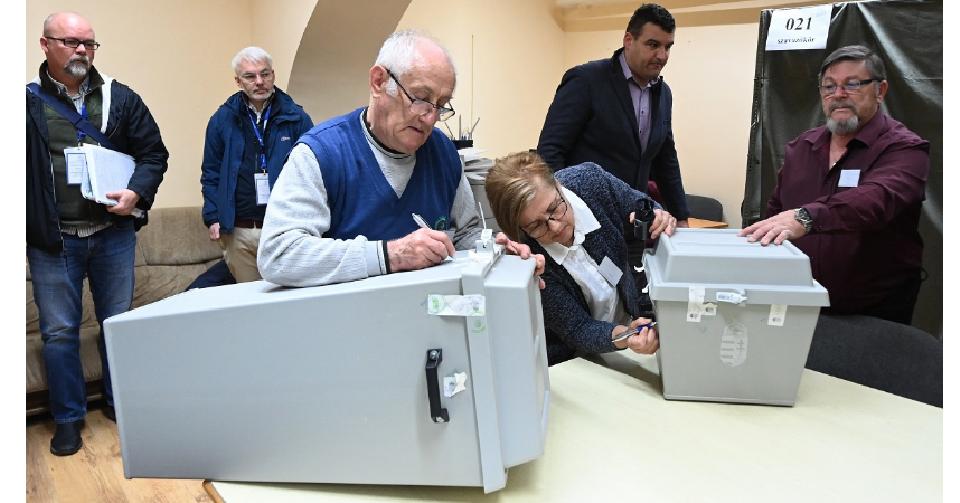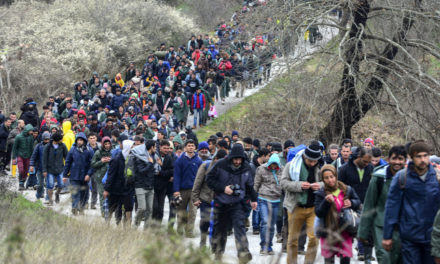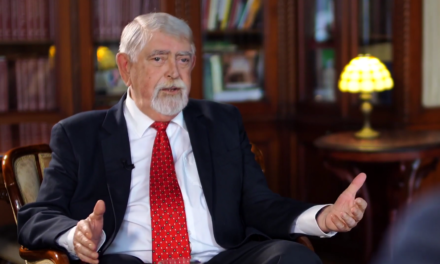The OSCE arrived with great strength in the spring, yet it was unable to produce an objective report on the domestic election system; many inaccuracies and half-truths can be found in the organization's final report.
At the end of July, the Organization for Security and Cooperation in Europe (OSCE) published its final report on the parliamentary elections held in Hungary on April 3 and the child protection referendum.
For the second time launched a full-fledged election observation mission in an EU member state due to political pressure The organization made this decision because at the beginning of the year
Led by Daniel Freund, a group of 62 members of the European Parliament twenty domestic NGOs, requested full monitoring.
The OSCE Office for Democratic Institutions and Human Rights (ODIHR) established an Election Observation Mission in Hungary at the end of February.
At that time, the collective consisted of only 20 experts staying in Budapest and 18 long-term observers (delegated from the 18 participating states of the OSCE). This team expanded on the day of the election to a mission of several hundred people: 45 OSCE member states delegated 312 observers for the day of the election. 221 observers came from the ODIHR, and 91 members were selected by the OSCE Parliamentary Assembly.
In a letter of invitation addressed to the OSCE, the civil organizations expressed that they believe that public confidence in the elections will be significantly increased if the ODIHR shows a strong commitment to conducting a systemic and comprehensive investigation into the procedure on the day of the elections. The goal of the civil organizations was that full monitoring would guarantee the fairness of democratic processes.
If this was indeed the goal, the mission was a success: the OSCE finally described in the report that " the legal framework for the elections provides a suitable basis for the conduct of democratic elections " and that the conduct of the elections and the referendum " was professional and well organized , but it was overshadowed by the lack of equal opportunities. The participants of the election competition were largely free to campaign, but at the same time, the campaign - although it was considered competitive - had a particularly negative tone and was characterized by a significant degree of overlap between the governing coalition and the government. "
By the way, the wording of the final report is actually permeated by the " on the one hand-on the other hand " argument. In many cases, for example, it is echoed that the editors of the text " on the one hand " describe the domestic legislative environment, which, of course, " represents a suitable basis for the conduct of democratic elections ".
On the other hand , however, they try to discredit it, for example by referring to the rule of law reports of the European Commission.
the sub-chapter " Objections and appeals ", for example, they wanted to strengthen the concerns about the Hungarian elections with the following statement: " Some interviewees of the ODIHR election observation mission expressed doubts about the impartiality of the judging bodies. ” In this context, judicial bodies should be understood as the Curia and the Constitutional Court.
However, the credibility of the claim is not helped by the fact that the OSCE spared no effort to name those who criticized the functioning of the Hungarian legal system.
As explained by Dr. Réka Varga, the dean of the National University of Public Service, and Dr. András Mázi (NKE-ÁNTK) in their article published on the Öt Perc Európa Blog, the situation is similar to the accusation of forcing public sector workers to participate in campaigns, the harassment of public workers in individual settlements also in the case of mayoral pressure, the suspicion of specific vote-buying, and the allegations of censorship experienced in the public media.
The full article of Magyar Hírlap can be read here.
Author: Gergely Dobozi
Picture: Attila Kisbenedek












